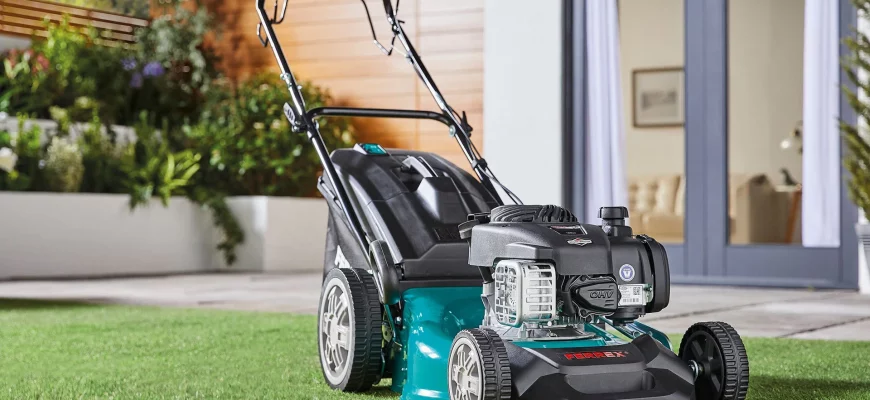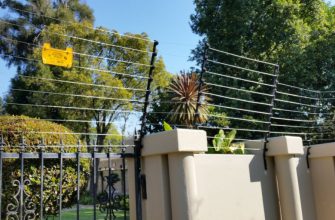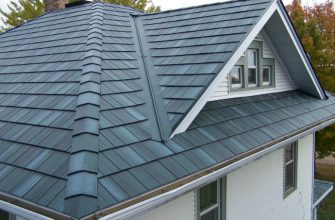When it comes to keeping your lawn looking pristine, having the right lawn mower can make all the difference. Choosing between electric and gas-powered mowers used to be simple – gas mowers were more powerful while electric ones were quieter and better for the environment. But improvements in battery technology have made electric models much more capable over the years. Now both types have their unique strengths and weaknesses.
In this comprehensive guide, we’ll compare electric and gas lawn mowers across a range of factors including performance, costs, environmental impact and ease of use. Whether you have a small urban yard or acres of property to maintain, understanding these key differences will help you pick the best mower for your unique needs.
- Overview of Electric and Gas Lawn Mowers
- Electric Lawn Mowers
- Gas-Powered Lawn Mowers
- Factors to Consider in Choosing a Lawn Mower
- Yard Size
- Terrain and Features
- Frequency of Mowing
- Noise and Emissions
- Budget
- Performance Comparison
- Cutting Performance
- Power and Torque
- Maneuverability
- Noise and Emissions
- Cost Analysis
- Upfront Cost
- Long-term Cost Considerations
- Maintenance and Repair Costs
- Environmental Impact
- Emissions and Carbon Footprint
- Sustainability and Energy Efficiency
- User Experience
- Ease of Use
- Corded vs. Cordless Electric Mowers
- Battery Life and Replacement Considerations
- Final Thoughts on Choosing the Right Lawn Mower
Overview of Electric and Gas Lawn Mowers
Electric and gas mowers each utilize different power sources to operate. Electric models run on batteries that must be periodically recharged. Gas mowers have small internal combustion engines, similar to a car or lawn tractor, that combust gasoline to generate power. Within these broad categories, there are some additional details to note:
Electric Lawn Mowers
- Cordless (battery-powered) – Completely portable with no cords but limited run times.
- Corded – Unlimited run time but range limited by the cord length.
- Typically lighter weight than gas models.
- Lower noise and vibration levels.
- No emissions discharged in use.
Gas-Powered Lawn Mowers
- Self-propelled and push models available.
- Higher noise and vibration levels.
- Emit exhaust and greenhouse gases like carbon dioxide.
- Higher torque delivers more cutting power.
- Generally heavier than electric models.
Both electric and gas mowers come in a range of cutting widths, typically from 16 to 24 inches. Deck sizes in this range are suitable for most residential lawn care needs. When choosing between them, you’ll want to weigh your yard size, features needs, noise tolerance and budget.
Factors to Consider in Choosing a Lawn Mower
With many models and features to evaluate, choosing a lawn mower can quickly become complicated. Focus your search by keeping these key factors in mind while comparing specific models:
Yard Size
Electric mowers best suit smaller city lots and yards up to a quarter acre. Their batteries limit run times from 30 to 60 minutes per charge. Gas mowers have more power and stamina to handle larger yards up to 1-2 acres.
Terrain and Features
Lots with steep hills, thick grass or many landscaping features like trees and gardens present challenges some mowers handle better than others. Evaluate power, torque and handling to pick the right mower.
Frequency of Mowing
If you mow more than once a week, battery life and recharge times make a difference. Frequent mowing also puts more wear on the mower, so durability and maintenance requirements matter.
Noise and Emissions
Electric mowers are much quieter and eco-friendly. If noise or environmental impact are priorities, electric is likely the better choice.
Budget
Upfront cost is usually lower for gas mowers, but electric models are less expensive over time. Weigh initial purchase price against long term savings in fuel and maintenance.
Prioritizing what performance factors and features matter most will help you determine if an electric or gas mower is the best investment for your needs and budget long term.
Performance Comparison
When evaluating electric and gas lawn mowers, performance factors like power, cutting efficiency, handling and noise level can help determine which is better suited to maintain your lawn.
Cutting Performance
Modern electric mowers utilize brushless motor technology that delivers consistent power. Many are designed to match the cutting capability of similar-sized gas mowers. Brands rate their electric mowers to handle yard sizes up to a quarter acre with grass heights under 10 inches. For managing large yards or extremely thick grass, gas-powered models with higher torque are the better choice.
Power and Torque
Gas mower engines generate significantly more torque and horsepower than their electric counterparts. This allows them to power up hills with less difficulty and handle thicker grass. Electric mowers produce enough power for typical residential needs but may struggle with challenging terrain or conditions.
Maneuverability
Electric mowers tend to be lighter weight and have a lower center of gravity for better maneuverability. Their smaller decks sizes also provide more agility to handle landscaping obstacles. Gas mowers with wider decks and heavier builds don’t handle tight turns as easily but offer stability when mowing open areas.
Noise and Emissions
Gas-powered engines produce significantly more noise and vibration during operation. Electric motors run very quietly in comparison. For city dwellers with close neighbors or mowing at odd hours, electric mowers reduce noise pollution and disturbances.
Gas mowers also emit carbon dioxide, carbon monoxide, nitrous oxides, volatile organic compounds and other pollutants into the air while running. Using an electric mower eliminates emissions for cleaner air.
Cost Analysis
When considering long term costs, electric and gas mowers have distinct pros and cons to weigh during your buying decision.
Upfront Cost
Gas-powered lawn mowers tend to cost less initially, with prices for a basic push mower starting around $150. Electric mowers start around $200 and range up to $500 or more. The higher starting price reflects battery technology and more computerized components.
Long-term Cost Considerations
While more expensive upfront, electric mowers save significantly on fuel costs over time. Gas for yard tools can range from $15 to $25 per season. And with rising fuel prices, these seasonal costs will likely increase.
Electricity to recharge a mower battery costs just a few cents per charge. Exact fuel savings depend on yard size but over 10 years can amount to several hundred dollars.
Maintenance and Repair Costs
Gas mowers require more maintenance like oil changes, air filter replacement and tune ups. Repairs to items like pull cords, spark plugs and carburetors can also add up over time. Electric models have very few parts and minimal maintenance for lower long term costs.
When tallying initial purchase price plus lifetime costs for fuel and upkeep, electric mowers prove to be the better value despite higher initial purchase prices
When considering long term costs, electric and gas mowers have distinct pros and cons to weigh during your buying decision.
Environmental Impact
From emissions and energy use to sustainability, electric and gas mowers have very different environmental footprints.
Emissions and Carbon Footprint
Gas mowers produce significantly higher emissions directly from engine exhaust. These greenhouse gases like CO2 and NOx directly contribute to climate change and smog. Electric models produce no direct emissions since they operate on battery power.
Even accounting for emissions from electricity generation, electric mowers have a much smaller carbon footprint. And as more grid power comes from renewable sources, their lead will further increase.
Sustainability and Energy Efficiency
Electric motors convert over 90% of input energy into useful work. Small gas engines only utilize 15-25% of fuel energy for mowing, wasting the large remainder as excess heat and noise.
Electric mowers utilize lithium-ion battery packs which are highly recyclable. Gas mowers use lead-acid batteries for starting which require special disposal. Overall, electric mowers are much more sustainable and energy efficient machines.
User Experience
Convenience, ease of operation and safety should also factor into your buying decision. Here’s how electric and gas mowers compare from the user perspective.
Ease of Use
Electric push button start models provide easiest starting with no pull cords or priming required. Gas mowers take more physical effort to start and get running smoothly. Electric operation also eliminates trips to the gas station to handle fuel.
Corded vs. Cordless Electric Mowers
Cordless electric mowers provide full freedom of movement but battery charge limits run times. Corded electric models offer unlimited runtime but require managing a cord. For larger yards, cordless run times may not be sufficient to complete mowing in one session.
Battery Life and Replacement Considerations
Similar to other battery powered tools, expect 2-5 years of useful life. Extreme temperatures can shorten lifespan. Batteries cost $100-200 to replace – less expensive than most gas mower repairs.
Final Thoughts on Choosing the Right Lawn Mower
When choosing between electric and gas-powered mowers, consider your unique needs. Electric mowers shine for small urban lots. They offer quiet, eco-friendly operation with lower lifetime costs. For larger properties, gas models provide more strength and endurance to manage heavy mowing tasks.
Ideally, consider both the upfront purchase price and long term cost outlook when buying. Electric mowers have higher initial cost but save significantly on fuel and maintenance over years of use.
Look for quality construction and battery power sufficient for your yard’s size. Carefully compare warranty coverage – battery life projections can give insight into long term durability. For the best value and experience, select the mower type best aligned with your mowing and environmental priorities.









